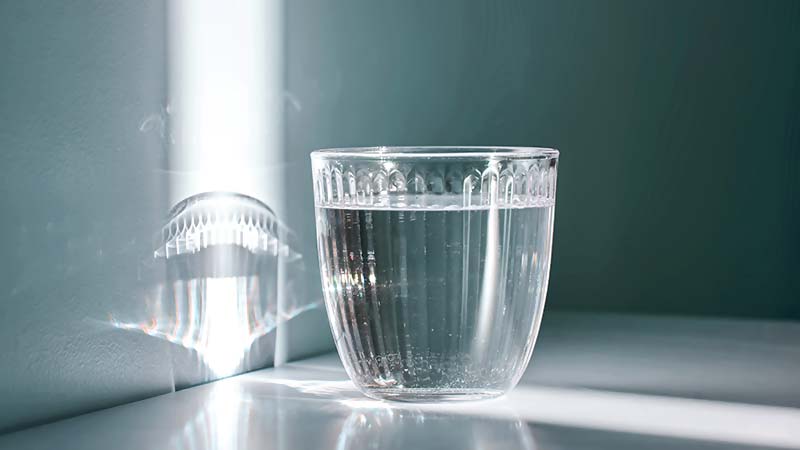How to clean the air? How to disinfect an environment? How to improve water treatment and air quality? How to make wines? How to improve food quality? How to generate hydrogen from clean sources? All of these questions are of interest to science and have one solution in common: advanced oxidation technologies (or advanced oxidation processes). These themes are also part of the research and innovative technologies carried out in Federal University of Santa Catarinawhich will host, in 2024, one of the main international events in the area.
According to professor Regina Peralta, from the Chemical and Food Engineering department at UFSC, advanced oxidation processes are environmentally friendly technologies, which are usually part of the treatment of hazardous materials. But the fact that it is very versatile makes other applications possible in different sectors, such as the production of renewable fuels and several others. “There are benefits for several areas, from agriculture, to wine production, food preservation, health and even in the production of materials used in construction”, she explains.
From a chemical point of view, advanced oxidation consists of the generation of free radicals – especially the hydroxyl radical (∙OH) – which is highly oxidizing and can react non-selectively with numerous compounds, more efficiently. “One of the examples that we can see of these technologies in everyday life involves the use of active substances under light that are incorporated into floors and tiles and thus these materials develop bactericidal properties and are self-cleaning surfaces”, explains Regina, who is president of the Organizing Committee of the VI Iberoamerican Conference on Advanced Oxidation Technologies (CIPOA), an international event on this technology that will take place at UFSC, in October this year.
The professor explains that there is an extensive and long history of research at UFSC that relies on this technique to guarantee innovation. Some are guided by her in Energy and Environment Laboratory, but others occur in completely different areas of knowledge, such as Dentistry, Aquaculture or Food Engineering. “Processes that use ozone, ultraviolet radiation, solar energy, hydrogen peroxide, for example, are related to advanced oxidation”, he comments.
According to Regina, the environment tends to benefit from the application of these technologies, as they allow certain processes to become more sustainable – as in the textile industry, for example, which tends to work with many water contaminants. “They are environmentally friendly chemical techniques”, she points out. “They can be used from laboratory to industrial scales, alone or in combination or with hybrid processes”, she reinforces.
The disinfection and reduction of pollutants in water, the fight against pathogenic microorganisms and the control of seed germination, the degradation and removal of pharmaceuticals, the production of technological materials with self-cleaning and sanitizing functions, the production of green hydrogen and other renewable fuels are some of the potential of the processes, which will also be applied in a pilot reactor that will be developed for Petrobras in a recent partnership signed with UFSC.
Event will be held in October
The VI Iberoamerican Conference on Advanced Oxidation Technologies (CIPOA) will be held from October 7th to 11th, but its organization began last year. Regina, who is the general coordinator, explains that she intends for this event to be an important milestone for the area. “There are very current issues, such as environmental applications, the new sanitation regulatory framework that should ensure that 99% of the population has access to drinking water and 90% to sewage treatment and collection by 2033, the energy transition and decarbonization initiatives , which are directly related to these technologies”, he argues. It is precisely this topicality and interdisciplinarity that she intends to use as the focus of the event.
“The chemistry of the reactions involved has been known for a long time and began to be considered in conjunction with debates about water scarcity and energy transition, but its versatility has led to its applications expanding”, he comments. Even during the Covid-19 pandemic, advanced oxidation technologies were present – she, for example, sought to understand whether it was possible to make masks more efficient through these processes.
“Our proposal is that not only chemists and chemical or environmental engineers get involved in these discussions as the subject is researched in different areas of knowledge”, he adds. Speakers from countries such as England, the United States, Germany, Spain and France have already been confirmed. Brazilian universities such as the University of Campinas and the Federal University of Rio de Janeiro will have some of their most recognized researchers as guests. The participation of important sectors of the industry is very welcome, with some presences already confirmed. The event will also reward researchers who stand out in the field.
More information Click here.






